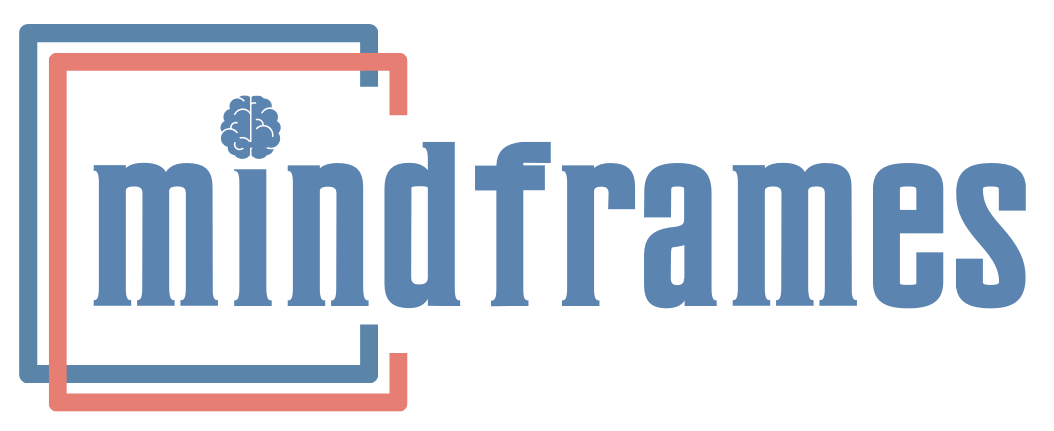REBT – Rational Emotive Behavioral Therapy
What is Rational Emotive Behavioral Therapy (REBT)?

Fundamental Basis of REBT
In general, people find it hard to believe that their cognitions (thoughts), emotions and behaviors are interconnected. This connection is the root of most anxiety and depression. REBT methodologies were founded on a basic premise that psychological distress, emotional turmoil and behavioral problems are created and maintained by irrational beliefs. This means that if you think logically, you will feel and behave differently and minimize your emotional pain. As long as the thinking style is illogical, your psychological turmoil will persist. The goal of REBT is hence to change dysfunctional emotions and maladaptive behaviors into functional and adaptive ones by changing faulty thoughts. This enables relief from anxiety and depression, and allows fulfilling and productive existence.
Therapeutic Principles of REBT
Activating Event (A)
An activating event or Adversity (A) is any occurrence in a person’s life. By itself this event is not responsible for any emotional reaction or behavior. It is the perception and interpretation of this event, that decides the final outcome of how you actually feel.
Belief (B) that's Irrational
Beliefs (B) are pre-set rules for processing information and cues from people, and the world. These beliefs shape the interpretation of any and all activating events (A) that occur in a person’s life. Sadly, these can often be rigid, generalized and irrational.
Consequence (C) of a Belief
Emotions (C), that are felt as a consequence of the event (A) are not really determined by (A). Different (A)s are perceived uniquely by different people. It’s really the belief (B) which colors the perception of (A) and brings about positive or negative emotions (C).
Disputation (D) of the Belief
Disputation is the process of challenging the irrational belief (B) and replacing it with a rational and functional viewpoint. This leads to productive action and results in more favorable outcomes (C). Disputation requires specialized cognitive restructuring techniques.
Enjoying the Effect (E)
When the irrational belief (B) is disputed (D), the faulty logic gets corrected, misperception filter is lifted, and one begins to enjoy the positive effect (E) of the rational belief. Rational, healthy and reasonable beliefs typically lead to positive emotional outcomes.
Feedback (F) For You
An addition to this model is the feedback (F) one takes from the exercise of realizing how irrational beliefs (B) lead to negative emotional consequences (C) and that disputation (D) is needed for enjoying positive effects (E). Feedback (F) sustains motivation to be rational.
The basic idea behind the ABC model is that external events (A) do not cause emotions (C), but beliefs (B) and, in particular, irrational beliefs (IBs) do. When these are disputed (D), common sense logic states that positive effects (E) will be imminent. In fact, the ABC Model works by making a clear connection between beliefs and emotions, which helps people see that the events around them do not need to dictate their emotions at all. It’s very empowering.
Where is REBT used?
REBT impact has been researched and proven efficacious in depression, generalized anxiety, phobia, social anxiety, post-traumatic stress disorder, obsessive-compulsive disorder, panic disorder, agoraphobia, specific phobias, eating disorders, relationship problems, personality disorders, pregnancy related psychological conditions, as well as childhood and adolescent anxiety and depression. Yet, its applicability is not restricted to psychological disorders and psychiatric illnesses alone. It is used in psychology training, organizational training, emotional quotient (EQ) building and self-enhancement too. REBT may not be needed, but REBT benefits one and all.
What should I expect from REBT?
REBT is a dedicated form of therapy and demands commitment and participation from the client. It makes you mindful of your irrational thoughts, and directs you to positive reflections and actions. In general, the cognitive model of emotional turmoil emphasizes the role of irrational, unhelpful and dysfunctional thinking in the causality of psychological problems. REBT helps change that and pushes you towards more evolved and accomplishable emotional and behavioral goals.
When you embark on the REBT journey it means that you are willing to teach yourself to think in healthy ways. You become aware of irrational and morbid thinking styles that were creating emotions like anxiety, panic, depression, jealousy, shame, rage, guilt, and more. This way you learn that you have control over your emotional destiny.
REBT With Dr Shefali Batra
Through the therapy process, your Irrational beliefs are confronted with problem-solving, cognitive restructuring, and adaptive coping. This encompasses building analytical, assertiveness, social, executive, and conflict resolution skills. Also, irrational thinking is challenged with logical or rationalizing techniques, guided imagery, visualization, and reframing. The process involves open discussion, trust, disclosure, experiential sharing, and mindfulness.
As a psychiatrist as well as psychotherapist practicing diverse therapies, Dr Shefali guides you through cognitive, mindfulness and neurobehavioral milestones to help you think, feel and behave differently. When you engage in your own wellness, perform the cognitive homework, and monitor your thoughts, emotions and behavior, you get empowered to battle anxiety, depression, obsession, frustration, anger, irritation; or simply any negative emotion.
Through REBT you will be able to bring your attention to events, interactions, relationships, or any other stressors; and then create a structured plan to change them. You will learn how to reflect on your thoughts, and switch from an automatic mode, to a mindful approach. In time you will develop a rational and responsive attitude towards yourself and others. And this will reflect in a confident, optimistic and wholesome life.
Dr Shefali Batra was interviewed by VERVE Magazine on Demystifying Mental Health. She explained the applicability of different therapies and how they help.




References
- Timulak, L., Keogh, D., (2020). Emotion-Focused Therapy: A Transdiagnostic Formulation. J. Contemp. Psychother; 50:1–13.
- Greenberg, L. S., (2011). Emotion-Focused Therapy. American Psychological Association; Washington, DC, USA.
- Greenberg, L. S., Rice, L. N., Elliott, R. K., (1996). Facilitating Emotional Change: The Moment-by-Moment Process. Guilford Press; New York, NY, USA.
Related topics
- Are You Pessimistic?
- Might You Be Depressed?
- Depressive Disorders
- Anxiety Disorders
- Negative Thought Reframing
Latest Posts

7 Reasons Why You Should Seek Therapy

7 Questions About Workplace Stress Answered

5 Ways To Deal With A Toxic Coworker

Science of Happiness: 1000s Of Years Of Research


